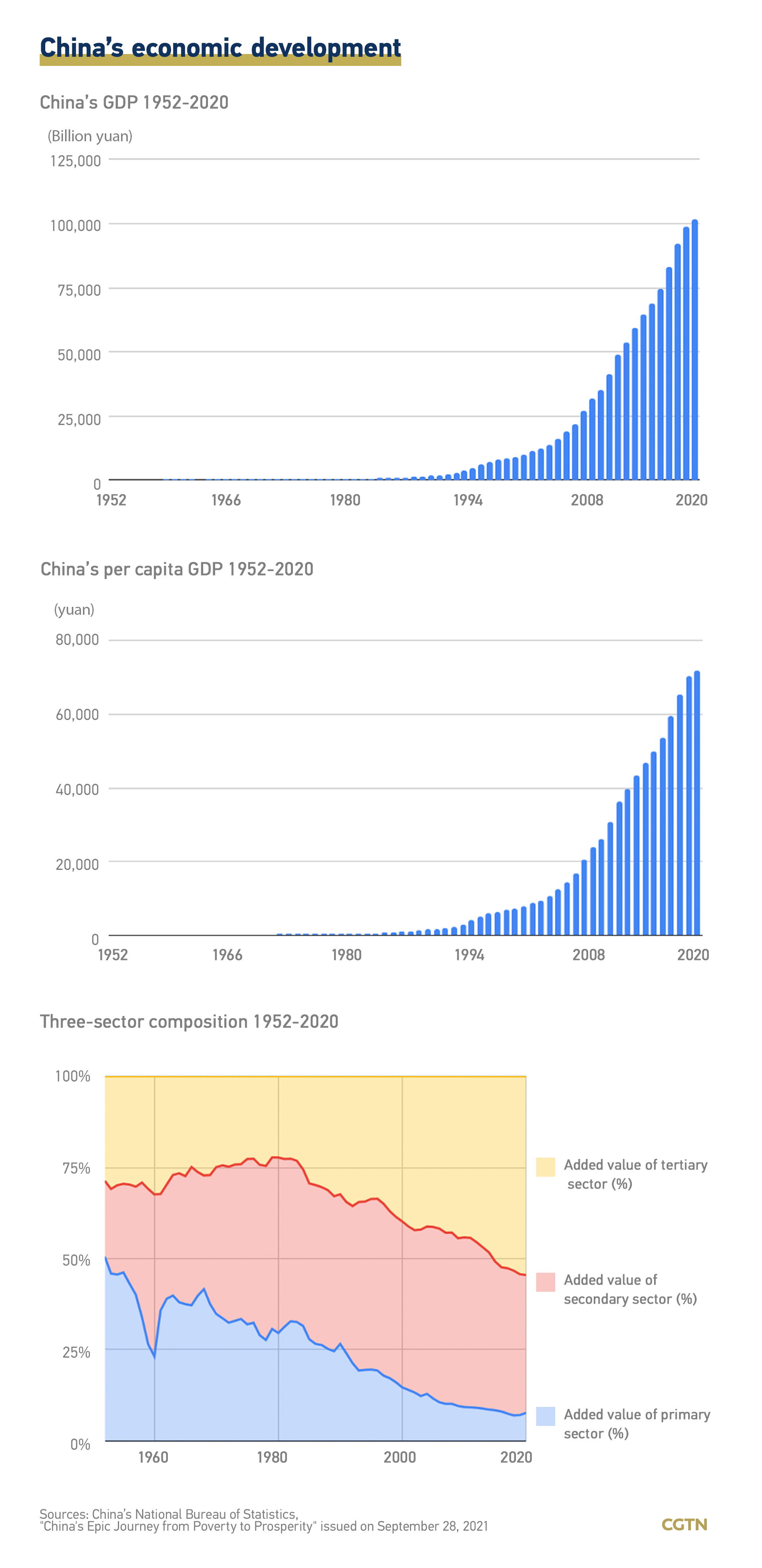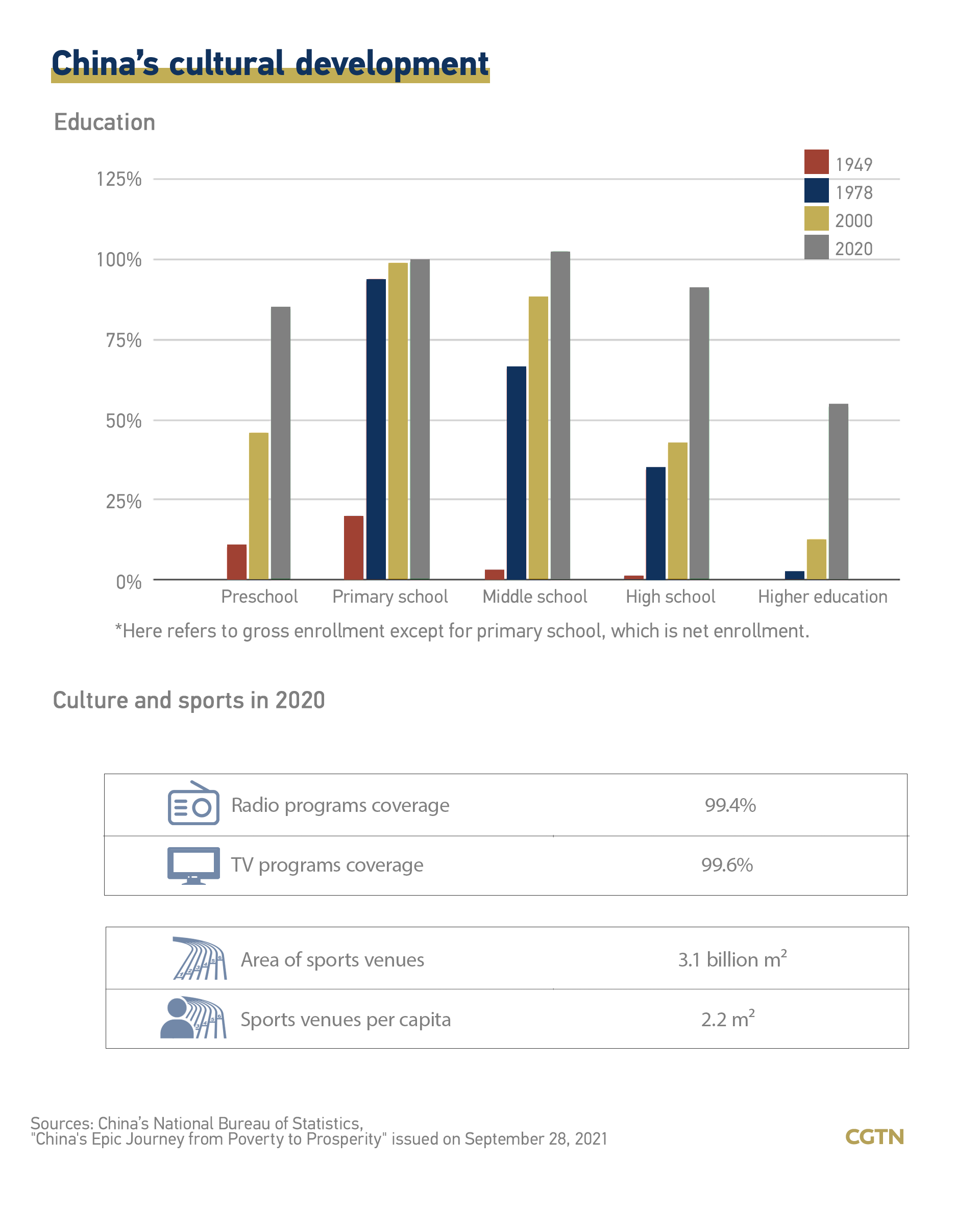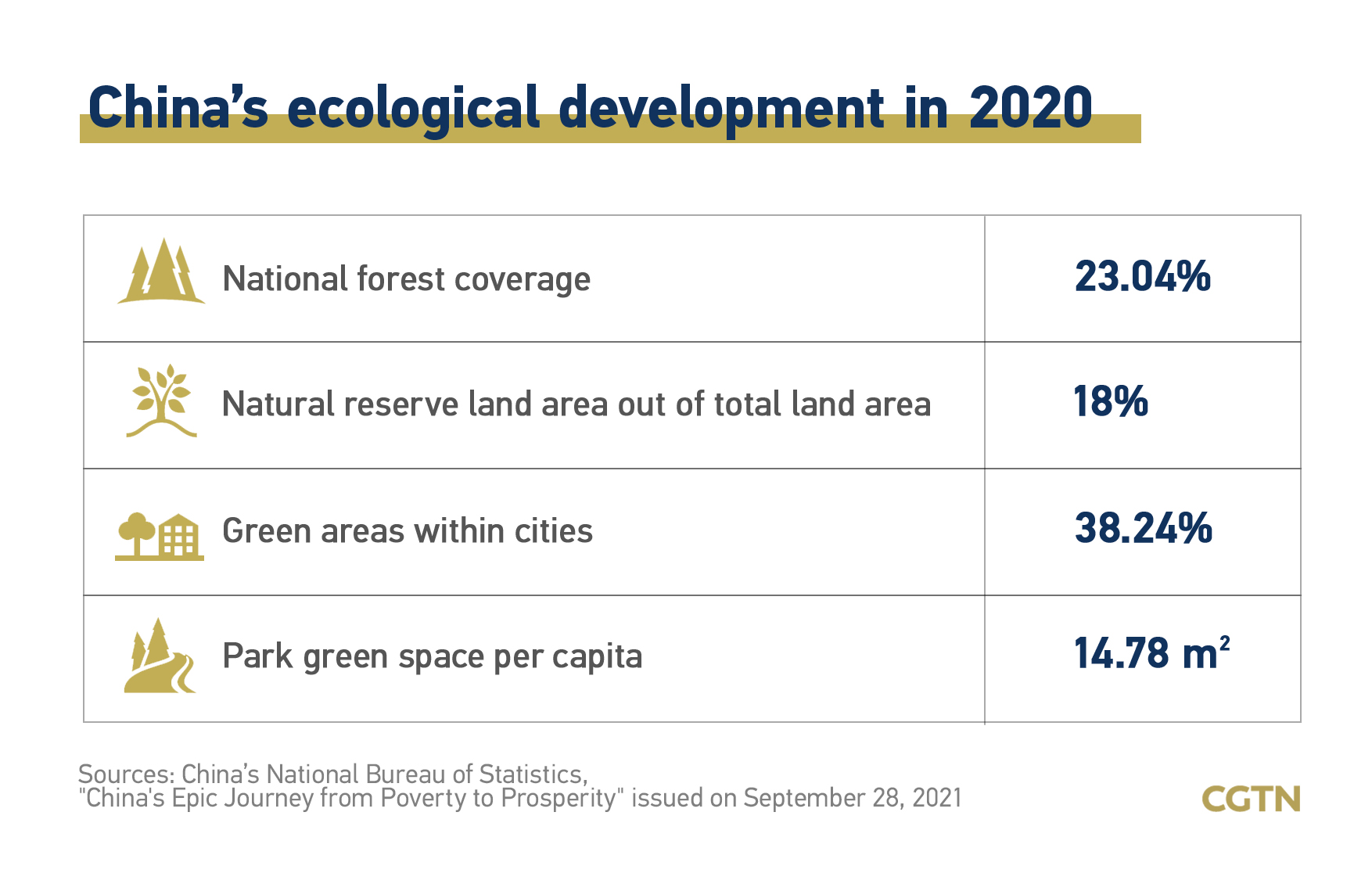Pelo meu título dá para perceber que eu considero esses paranóicos um bando de malucos, pois estão construindo, deliberadamente, uma nova Guerra Fria.
Paulo Roberto de Almeida
Der Spiegel, Hamburgo – 27.9.20921
Former Australian Prime Minister Kevin Rudd
"A Cold War with China Is Probable and Not Just Possible"
China presents a significant threat, believes former Australian Prime Minister Kevin Rudd. Which is why, he says, the West must work together rather than engage in the kind of bickering triggered by the recent submarine deal between Australia and the United States.
Interview Conducted by Bernhard Zand
Kevin Rudd, born in 1957, was prime minister of Australia from 2007 to 2010 before becoming foreign minister and, in 2013, prime minister again for a brief stint. During his first and second terms in office, he was the leader of the Australian Labor Party.
Today, Rudd is president of the Asia Society, a non-governmental organization based in New York, which is focused on deepening ties between Asia and the West.
Last week, Canberra, Washington and London reached agreement on a military pact reminiscent of the era of nuclear standoffs. The alliance, known as AUKUS, foresees Australia being outfitted with nuclear-powered submarines from the U.S. and Britain. It is a reaction to China’s rise to becoming the dominant economic and military power in the Indo-Pacific region.
Australia, located in the Far East but politically part of the West, lies on the fault line of the largest conflict of our times, the growing rivalry between China and the U.S.
With its close economic ties to China as a supplier of raw materials and foodstuffs, Australia recognized earlier than other countries the opportunities presented by Beijing's rise – and the risks. As early as the beginning of the last decade, the Australian government concluded that it needed to bolster its maritime power. The country tendered a multibillion-dollar contract for the construction of 12 conventionally powered submarines.
The deal, for which the German arms manufacturer ThyssenKrupp also submitted a bid, ultimately went to the Naval Group in France, with the first submarines scheduled for delivery in 2027. Officially, Canberra remained committed to the deal until just a few weeks ago, even as technical delays and spiraling costs threatened it with collapse. Then, last Thursday, Australia pulled the plug, announcing its alliance with Washington and London and backing out of the contract with the French.
The political consequences have been significant. Paris feels as though it has been hoodwinked by Australia and its NATO allies, the U.S. and Britain. France temporarily recalled its ambassadors from Washington and Canberra. In Brussels, meanwhile, the debate over Europe's "strategic autonomy" has been reopened and new questions have arisen regarding the efficacy of NATO, which French President Emmanuel Macron already referred to back in 2019 as "brain dead."
DER SPIEGEL: Mr. Rudd, the 20th century was ravaged by two world wars, both of which began in Europe. Might we be facing a massive confrontation in the Pacific in the 21st century?
Kevin Rudd: It is quite possible. It is not probable, but it is sufficiently possible to be dangerous. And that is why intelligent statesmen and women have to do two things. First, identify the most effective guardrails to maintain the course of U.S.-China relations, to prevent things from spinning out of control altogether. And second, find a joint strategic framework, which is mutually acceptable in Beijing and Washington, to prevent crisis, conflict and war.
DER SPIEGEL: Germany was on the front lines of the Cold War. Now, in the current confrontation between the U.S. and China, Australia is exposed. Is today’s China as formidable and serious an adversary as the Soviet Union was 60 years ago?
Rudd: If we degenerate into a Cold War – which at this stage is probable and not just possible – then China looms as a much more formidable strategic adversary for the United States than the Soviet Union ever was. At the level of strategic nuclear weapons, China has sufficient capability for a second strike. In the absence of nuclear confrontation, the balance of power militarily, but also economically and technologically, is much more of a problem for the United States in the pan-Asian theater than was the case in Europe.
DER SPIEGEL: Your country, the U.S. and Britain have now entered into a new military alliance, which will provide Australia with a fleet of nuclear-powered submarines. What are the strategic considerations behind this decision?
Rudd: On the question of moving from conventional to nuclear-powered submarines, I have yet to be persuaded by the strategic logic. First, there is a technical argument that has been advanced about the range, detectability and noise levels of conventional submarines versus nuclear powered submarines. This is a technical debate which has not been fully resolved. If it is resolved in favor of nuclear-powered submarines, however, then another question arises.
DER SPIEGEL: Namely?
Rudd: We do not have a domestic civil nuclear industry, so how do we service these submarines? Which then leads to a third problem: If they have to be serviced in the United States and by the United States, does this lead us to a point where such a nuclear-powered submarine fleet becomes an operational unit of the U.S. Navy as opposed to belonging to a strategically sovereign and autonomous Royal Australian Navy? These questions haven't been resolved yet in the Australian mind, which is why the alternative government from the Australian Labor Party, while providing in principle support for the decision, insists that these questions have to be resolved.
DER SPIEGEL: What are the risks?
Rudd: We already knew in 2009 that it was important from an Australian national security perspective to have a greater capability of securing the air and maritime approaches to the Australian continent. So I launched a new defense white paper as prime minister, which recommended the construction of a new fleet of 12 conventionally powered submarines, which would make the Australian conventional submarine fleet the second largest in East Asia. The sudden change to a nuclear-powered option comes fully eight years after the conservative government of Australia inherited that defense white paper, commissioned tenders for it to be filled – which were won by the French contractor Naval Group in 2016 – and then proceeded to cancel the contract in the middle of the night in 2021. The Australian government has yet to provide a convincing strategic rationale for that decision. Nor has it been frank about the unspecified cost of building nuclear-powered boats through some sort of Anglo-American duopoly.
DER SPIEGEL: Either way, France has lost the contract. Do you understand their indignation?
Rudd: Absolutely. Australians take pride in the fact that we are people of our word. Such a U-turn is alien to our character. We don’t do these things. Secondly, if you reach a technical decision to commission nuclear-powered boats as opposed to conventional boats, then you have a duty to tell the French that the project specifications have changed and to invite them to retender for the new project. The French are perfectly capable of building and servicing nuclear-powered submarines. That is why the French, in my judgment, have every right to believe that they have been misled.
DER SPIEGEL: The German company ThyssenKrupp also submitted an offer to build the conventional submarines. In retrospect, was it a blessing for the Germans that they didn't win it?
Rudd: I regret to say that the current Australian government seems to exhibit what I would describe as a level of Anglophone romance which puzzles the rest of us in this country who are more internationalist in our world view.
DER SPIEGEL: Are you fundamentally in favor of Europe becoming involved militarily in the Indo-Pacific? Britain and France have warships in the region, and Germany has now joined them, with the frigate Bayern.
Rudd: These are obviously sovereign decisions in Berlin and Paris and London, and it depends on the aggregate naval capabilities of our European friends and partners. The more important question is that of developing a common strategy across the board – military, diplomatic, economic – to deal with the problematic aspects of China's rise. Not all the aspects of China's rise are problematic, but in a number of them, China is seeking to change the international status quo. The current Australian government's torpedoing of the submarine contract with France actually renders the possibility of a common, global allied strategy for dealing with China's rise more problematic and more difficult rather than less.
DER SPIEGEL: Australia, the United States, Japan, and India are members of a loose group of four nations concerned about China's rise. Is this "Quad" the nucleus of an Indo-Pacific NATO?
Rudd: I think this is a false analogy. NATO has mutual defense obligations. That is not the case with Japan and Australia because we are part of separate bilateral security arrangements with Washington, not a multilateral arrangement. And India is not an ally because it has no formal alliance structure. I think it is unlikely for the foreseeable future that the Quad would evolve into a NATO-type arrangement. However, the Chinese take the Quad seriously because it is becoming a potent vehicle for coordinating a pan-regional strategy for dealing with China's rise.
DER SPIEGEL: Australia and Germany have extremely close economic ties with China. Have our countries become too dependent on Beijing?
Rudd: Any modern economy does well to diversify. Under Xi Jinping, China's economic strategy has become increasingly mercantilist. If you are the weaker party in dealing with a mercantilist power, then you will increasingly have terms dictated to you. Another point is this: China's domestic economic policy is moving in a more statist and less market-oriented direction. We have to ask ourselves whether this will begin to impede China's economic growth over time and whether China will be as robust in the future. All these are reasons for not pinning all global growth, all European and German export growth, on the future robustness of this one market.
DER SPIEGEL: Australia has been economically punished by China, in part because your government has called for an independent investigation into the origin of the coronavirus pandemic. What can other countries learn from Australia’s experience?
Rudd: The critical lesson in terms of China's coercive international diplomacy is that it's far better for countries to act together rather than to act independently and individually. If you look at Beijing’s punitive sanctions against South Korea, against Norway and now against Australia, the Chinese aphorism can be applied everywhere: "sha yi jing bai,” kill one to warn 100. Therefore, the principle for all of us who are open societies and open economies is that if one of us comes under coercive pressure, then it makes sense for us all to act together. And if you want a case study to see how that could be effective, look at the United States. When was the last time you saw the Chinese adopt major coercive action against the U.S.? They haven't because the U.S. is too big.
DER SPIEGEL: A few days ago, the European Union announced its strategy for the Indo-Pacific. Brussels plans to rely less on military means against China and more on closer cooperation with China's neighbors – on secure and fair supply chains, and on economic and digital partnerships. What do you think of this approach?
Rudd: In the recent past, the logic in Brussels and many European capitals was pretty simple and went like this: First, China is a security problem for the United States and its Asian allies, but not us in Europe. Second, China presents an economic opportunity for us in Europe, which should be maximized. And third, China represents a human rights problem, which occasionally we'll engage in with some appropriate forms of political theater. That was the logic, if I may summarize recent history in such a crude Australian haiku.
DER SPIEGEL: You may!
Rudd: But now, this has evolved. Europeans have experienced cyberattacks of their own. Germany in particular has experienced the consequences of Chinese industrial policy and the aggressive acquisition of German technology, as well as the strategic collaboration between China and Russia, which is now almost a de facto alliance. When I see this evolution reflected in the posture of the G-7, of NATO and of the of the European Union, it's pointing in a certain direction. The Europeans have finally concluded that China represents a global challenge. The Asia-Pacific region has now evolved westwards, to the Indo-Pacific, through the Suez Canal and into the Mediterranean and Europe itself. China is a global phenomenon, both in terms of opportunities and challenges. There's not a single country from Lithuania to New Zealand which is not being confronted with the reality of China. China cannot simply be put to one side and regarded as someone else's problem.
"When it comes to China, Germany is not just another country."
DER SPIEGEL: German Chancellor Angela Merkel has geared her China policy to Germany's economic interests and has often been criticized for doing so. Do you agree with this criticism? And what advice would you give Merkel's successor?
Rudd: I know Angela Merkel reasonably well; she was chancellor when I was prime minister. She is a deeply experienced political leader, respected around the world. And to be fair, the China that she encountered when she first became chancellor under Hu Jintao was a quite a different China to the one which has evolved since the rise of Xi Jinping. In fact, the China of Xi’s first term was different to the China after the 19th Party Congress …
DER SPIEGEL: … when term limitations for his presidency were eliminated.
Rudd: Since then, I have detected some change in the German position. Germany could have vetoed the approaches adopted by the G-7, NATO and the EU. But it chose not to. So if there is some skepticism in the world about German foreign policy under Merkel, it is because Germany has been robust multilaterally in its response to China and much more accommodating bilaterally.
DER SPIEGEL: What does this mean for the next government?
Rudd: Our German friends need to know that the rest of the world observes German politics very closely. And there's a reason why we do that: Of all Western countries outside the United States, China has the deepest respect for Germany. This has to do with the economic miracle after World War II, the depth of German manufacturing, and the remarkable living standards Germany has been able to generate while still maintaining a posture of environmental sustainability. So when it comes to China, Germany is not just another country. It is the one Western country, outside the United States, which the Chinese predominantly respect.
DER SPIEGEL: After the recent announcement of AUKUS, the security pact between Australia, the UK and the U.S., former British Prime Minister Theresa May warned of the consequences of a military escalation, specifically in the Taiwan Strait. How do you rate this risk?
Rudd: I do not think either Beijing or Washington want a war over the Taiwan Strait as a matter of deliberate policy. Certainly not Beijing in this decade, since it is not yet ready to fight and is still in the middle of a reorganization of its military regions and its joint command structures. Another question is whether an accident could happen, similar to what happened in 1914 after the assassination of the Austrian archduke, which led to the outbreak of World War I.
DER SPIEGEL: What exactly do you have in mind?
Rudd: There are multiple possibilities. A collision of military aircraft or naval vessels, for example. Or some unilateral act by an incoming Taiwanese government – not the current one – taking a much more decisively independent view, could trigger a crisis.
DER SPIEGEL: How could such a crisis be prevented?
Rudd: Crisis management in 2021 may not be that much better than in July of 1914. Therefore, the danger is not war as a consequence of intentional policy action. It's war as a consequence of miscalculation.
DER SPIEGEL: In his book "The Sleepwalkers,” your compatriot, the historian Christopher Clark, described how Europe's alliances mobilized each other into World War I in 1914. Is such a scenario really still conceivable today?
Rudd: Those of us who are looking carefully at the evolution of East Asia began rereading the history of World War I long ago. The possibility of an open, land-based missile conflict between Chinese and American forces in the East Asian Pacific is as real now as an escalation was then. Even worse, because the mobilization times, in terms of getting people on trains back then, were far longer than now.
DER SPIEGEL: What about the danger that military alliances will put pressure on each other?
Rudd: We do have an aggregation of alliances even today. China may have no formal allies, but Russia, in the event of a conflict, could well take action on behalf of its Chinese friends. We cannot over-study World War II in terms of the warnings it sends to all of us about unintended consequences. For that reason, I have written a book which will come out early next year. I've just sent it to the publishers. The title is "The Avoidable War.”
DER SPIEGEL: Mr. Rudd, we thank you for this interview.






